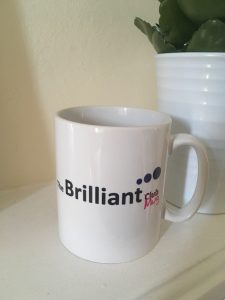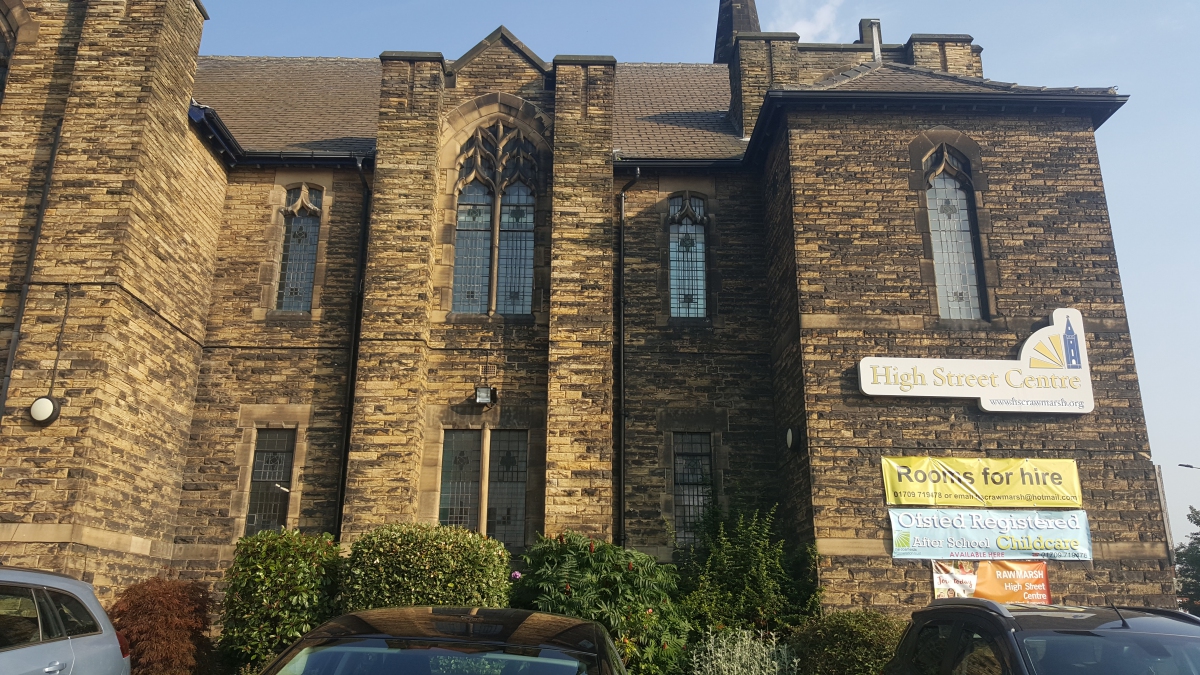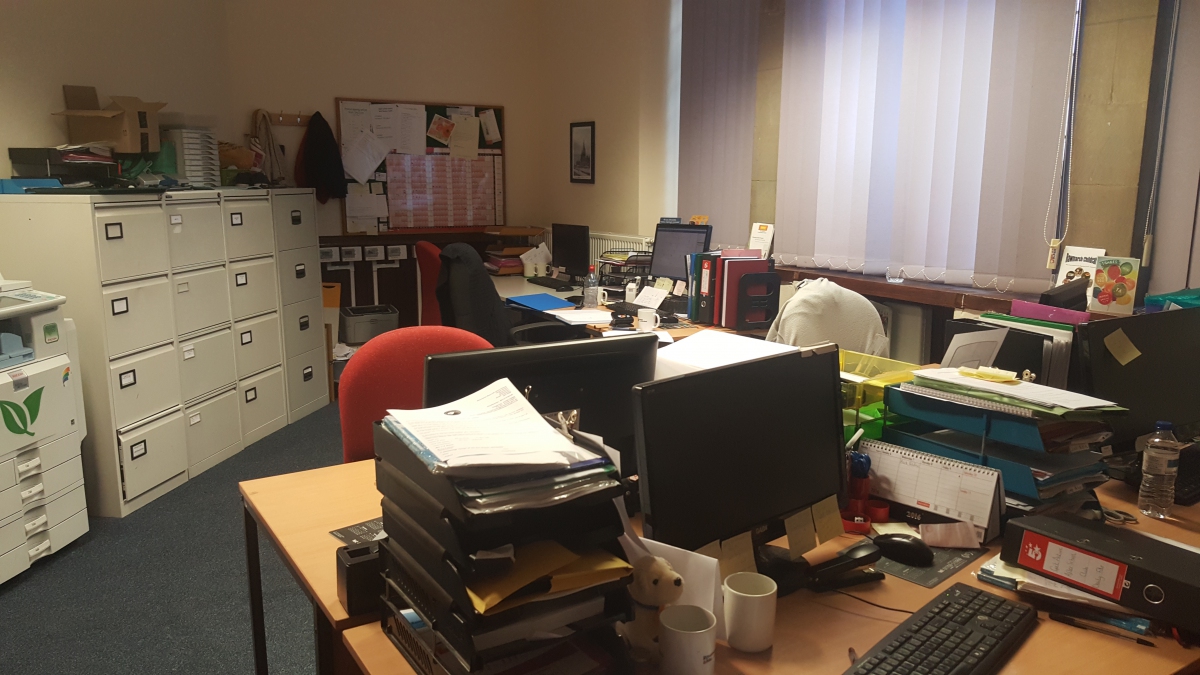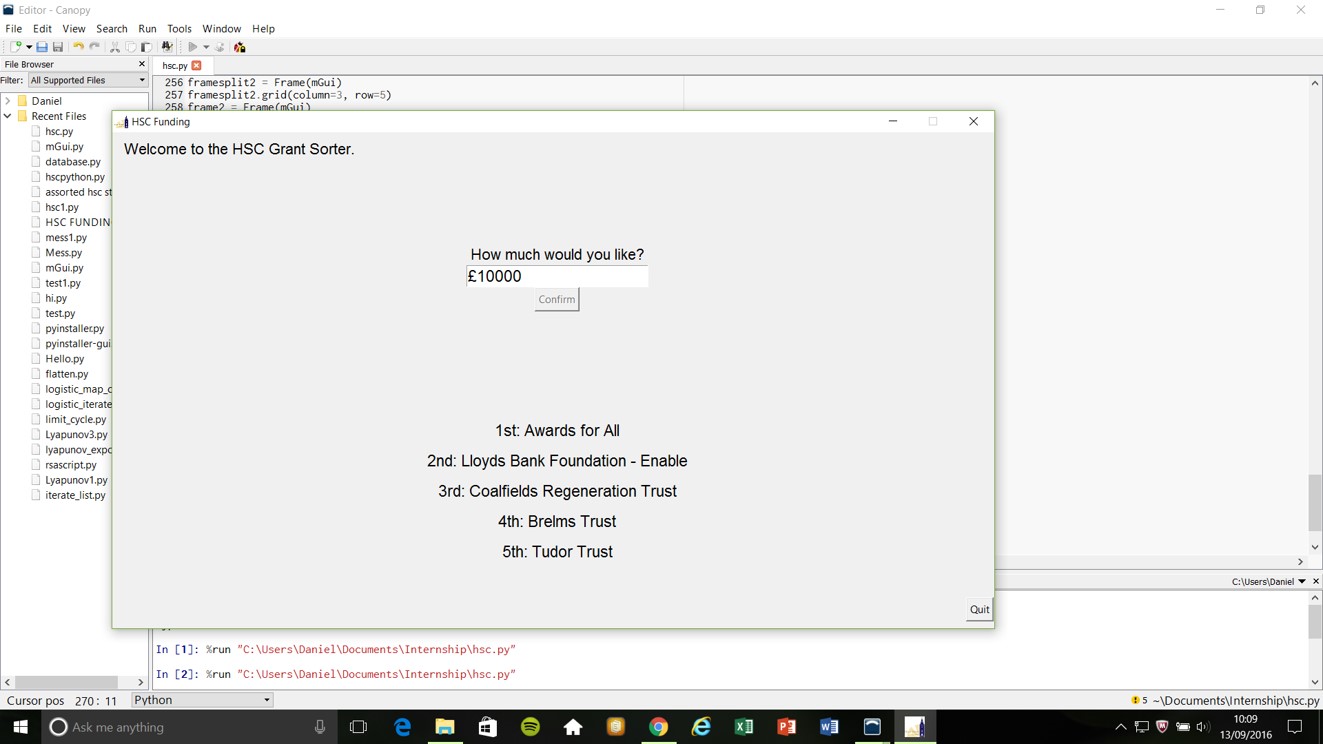Reflection of my time at HSC
Being back down in London after finishing my internship with The High Street Centre last week, it feels like a good time to reflect on what I learnt.
Having never really been a member of an office team before, I had worries at the start about how I’d fit in. Would I be accepted? Would I look like an out of place student, or manage to grow into my role? On arrival, I was introduced to everyone and shown the basics, settling me in. I got on really well with everyone at the charity,
It was then time to get started on my project. I won’t go into the details again, but rather outline the skills I gained throughout the production of my program. I found that a fairly large proportion of my time was delegated to researching; both how to physically code and the criteria and funders I would be basing my program on. Without tutors and lecturers to go to, it was often a frustrating process, but one which I became more proficient at as the internship went on.
A large part of how the program worked relied on me asking workers at the HSC what their previous experience had been with funding applications, and how they would like the interface to work and look. This improved both my leadership and teamwork skills, as though I would listen and take on board everything they suggested, there were also times when some things were not possible to accomplish in 4 weeks: having to be flexible with the ideas I had for the project, and also feed back back in a respectful and appreciative manner is something that I had to do quite frequently.
As well as the main core of my project, the program, I also helped in several clubs run at the HSC mentioned in previous posts. Through these I developed my ability to be patient in tough situations and to communicate concepts which the other party felt were confusing in simple and concise ways. I also had to prepare a couple of documents for the charity trustees to read at their meetings: having to brief and informative yet easy to understand, the chance to produce these was great experience for me.
I hope to find out soon whether the applications I made for funding have been successful or not: if either was that would really be the icing on the cake for me, and would allow me to look back knowing that the charity benefited directly financially as well as through my program.
I would like to thank all the staff at The High Street Centre for making my 4 weeks there so worthwhile and enjoyable, as well as the Imperial Charity Insights scheme for providing me with the opportunity to learn and give so much.
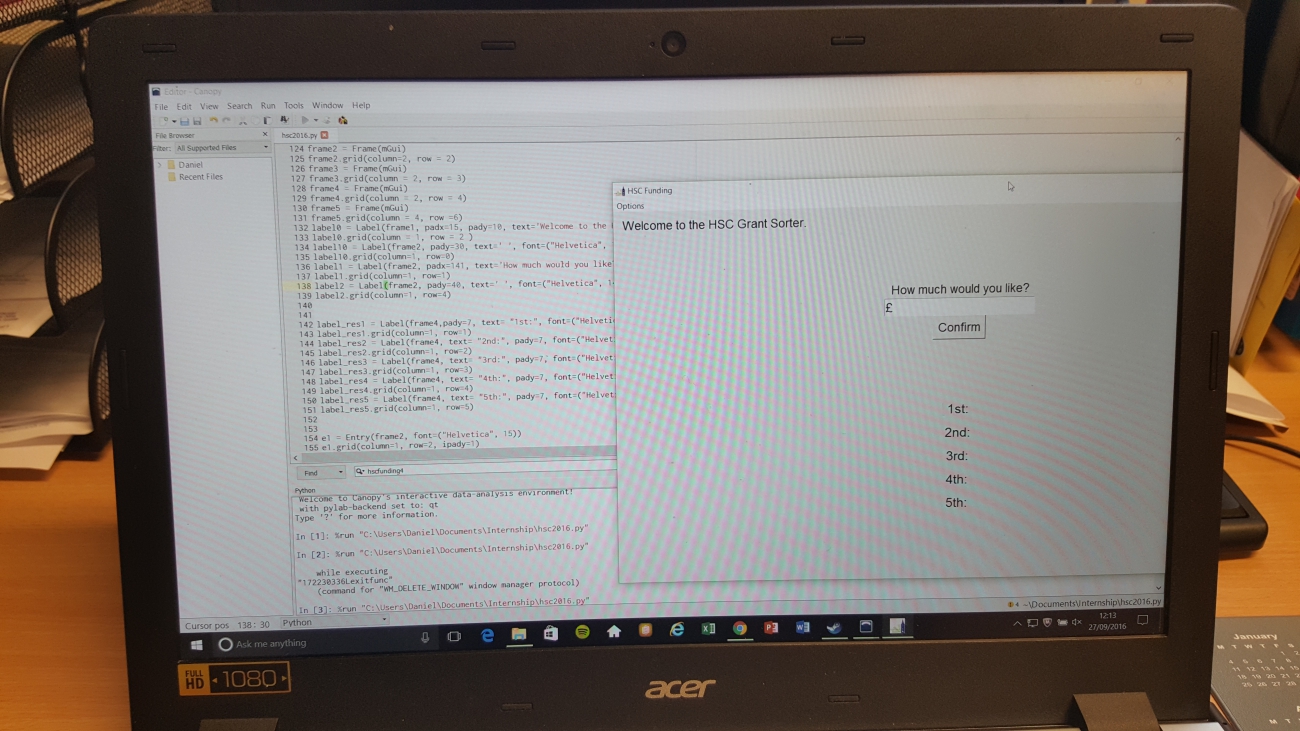
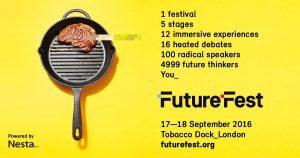
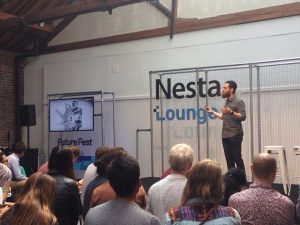
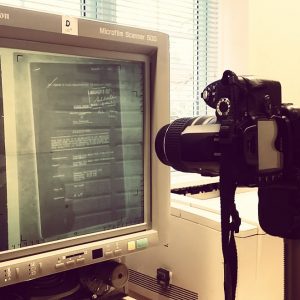
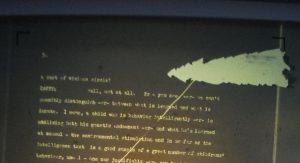
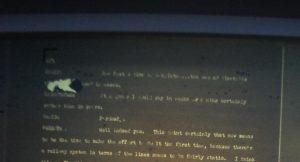

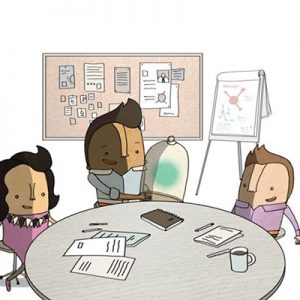
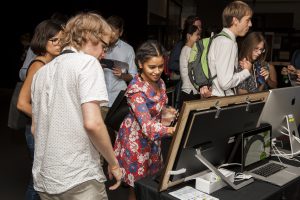
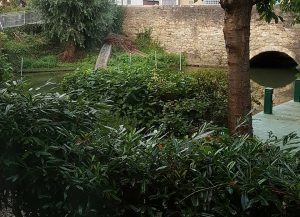
 After returning from Oxford with new vigour and confidence, I felt prepared to really get stuck into the main project of my placement. Currently, although the tree is certainly usable on mobile devices, some older phones and tablets suffer from lagging problems that make the tree frustrating to use. I am now working on an improvement for mobile devices that will allow users to pan and zoom the tree more easily, only redrawing the full canvas when they take their finger off the screen. This should hopefully provide a large performance improvement, and really make OneZoom a truly mobile app. So far, I have made progress that allows the improvement to be used for panning (albeit with a few bugs that affect usability) and will be moving onto making it work for zooming too; once the bugs are fixed!
After returning from Oxford with new vigour and confidence, I felt prepared to really get stuck into the main project of my placement. Currently, although the tree is certainly usable on mobile devices, some older phones and tablets suffer from lagging problems that make the tree frustrating to use. I am now working on an improvement for mobile devices that will allow users to pan and zoom the tree more easily, only redrawing the full canvas when they take their finger off the screen. This should hopefully provide a large performance improvement, and really make OneZoom a truly mobile app. So far, I have made progress that allows the improvement to be used for panning (albeit with a few bugs that affect usability) and will be moving onto making it work for zooming too; once the bugs are fixed!